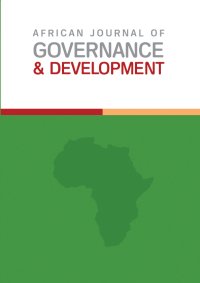Dynamics of Patronage Politics and the Tendering Process at Zimbabwe’s State Procurement Board
Main Article Content
Abstract
The significance of public procurement and its enormous contribution to high-quality service delivery in every country cannot be overstated. In terms of developing countries, genuine economic progress can be attained if public procurements are conducted without corruptive intent. The study investigates the impact of patronage politics on the tendering process at Zimbabwe's State Procurement Board. The magnitude of the impact was determined based on the administration of tender procedures, the permeability of governing frameworks, and the extent to which discriminatory politics obstructed tender awarding. Data was gathered through the use of questionnaires, interviews, and document analysis. In that regard, the survey was able to distribute 25 questionnaires as well as conduct 15 interviews. According to the findings, transparency deficiencies in tendering processes have become widespread, shielding and snowballing tender corruption. The study makes several recommendations to alleviate the perpetuation of patronage politics, including effective and rapid ICT adoption to reduce human interface and its associated
vices in tendering, detachment of political meddling as well as the implementation of punitive measures, and instilling integrity in the culture of tender processes to promoteethical and professional behaviours among bureaucrats involved in the tendering process,
among others.
Article Details

This work is licensed under a Creative Commons Attribution-NonCommercial-NoDerivatives 4.0 International License.
